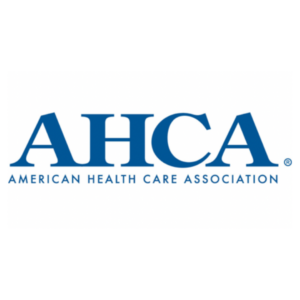OIG identifies areas for cost, quality improvement
Improvements in payment policies and practices, billing, contractor oversight, and care and satefy could save the government money or improve quality, according to a recent report from the U.S. Department of Health and Human Services (HHS) Office of Inspector General (OIG).
The OIG’s 2015 Compendium of Unimplemented Recommendations lists the office’s top 25 recommendations, made after audits and evaluations, that have not been followed but that would “most positively impact HHS programs in terms of cost savings and/or quality improvement” if implemented via legislative, regulatory or administrative action. An appendix idenitifies additional recommendations. The compendium covers recommendations the OIG made related to all agencies and programs under HHS, among them the Centers for Medicare & Medicaid Services (CMS), the Centers for Disease Control and Prevention, the Food and Drug Administration, the National Institutes of Health, the Health Resources and Services Administration, the Agency for Helathcare Research and Quality (AHRQ) and the Administration for Community Living.
Among the unimplemented recommendations listed:
- CMS should change the current method for determining how much therapy is needed to ensure appropriate payments to skilled nursing facilities.
- CMS should ensure that the audit tracking and reporting system is updated to accurately reflect the status of audit report recommendations.
- AHRQ and CMS should broaden patient safety efforts to include all types of adverse events.
- CMS should develop other oversight mechanisms for the home health face-to-face requirement.
- CMS and the Office of the National Coordinator for Health Information Technology should strengthen their collaborative efforts to develop a comprehensive plan to address fraud vulnerabilities in electronic health records.
- CMS should promulgate regulations to reduce significant variation in states’ personal care services laws and regulations by creating or expanding federal requirements and issuing operational guidance for claims documentation, beneficiary assessments, plans of care and supervision of attendants.

Lois A. Bowers was senior editor of I Advance Senior Care / Long-Term Living from 2013-2015.
Related Articles
Topics: Medicare/Medicaid











